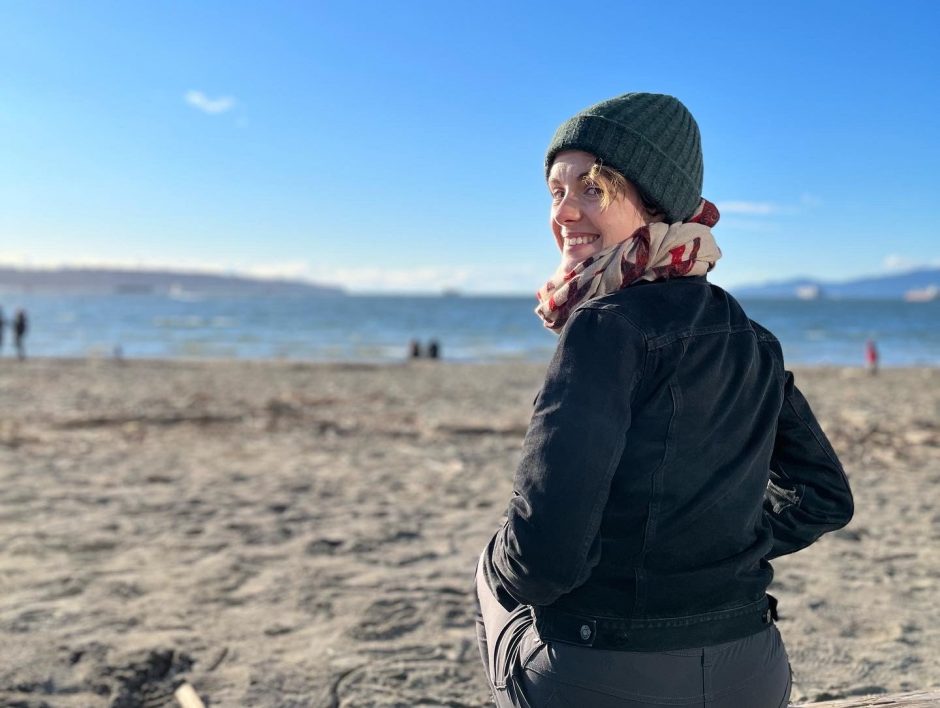
Emilie Bourque (MOT, class of 2023) had never visited the Yukon before her recent placement in Whitehorse, where she worked as a student OT in a newly-built, long-term care facility called Whistle Bend Place.
“Most of the OT’s role at that facility was seating and skin integrity interventions. At the time that I was at the facility, there was only one OT servicing the whole facility, which has around 120 beds,” she said. Emilie was not surprised at this ratio.
“It’s challenging for OTs to procure resources and remain part of the OT community in the Yukon because they are so physically distant from other OTs.” She also noted that OTs must be licensed under a provincial college outside of the Yukon, as there is no local territorial college. “This reduces the amount of professional support for practitioners working in the territory.”
As part of her placement, Emilie saw a real need for more occupational therapists working in care facilities, hospitals and clinics in the North. “OT is so important in these areas because we bring an occupational lens and holistic perspective to a medicalized healthcare system.”
In fact, Emilie herself is considering a relocation to the Yukon after graduation to contribute to this wider transition. “In the Yukon, it appears the government has enough funding to ‘make things happen’, so it’s a good place for OTs to go and advocate for changes at the systemic level, as well as at the level of the community and the individual.”
She added, “Whitehorse is the largest city in the Yukon, and many of the residents at the facility where I was working had come far from their communities in order to receive care.” She acknowledges the unique role of the OT in these locations. “OTs are well-positioned to humbly work with and learn from people who are temporarily or permanently displaced from their communities to collaboratively improve wellbeing.”
Looking to the future, Emilie is optimistic about the growing network of OTs in the area and the ultimate benefit of occupational therapy to the people who live there. “The more OTs in the territory, the better, and my hope is that as more practitioners move to the territory, fewer people will need to be displaced from their communities to receive adequate healthcare services.”
As a parting tip for other students soon to be heading to Whitehorse, Emilie added that it’s not actually too difficult to find a place to stay while on placement: “Although the housing situation in Whitehorse can make it challenging to find a place to stay, if you ask around, there are many house sitting opportunities.” It is just this kind of creative thinking that makes the area so rich with opportunity for future OTs.


Images from Emilie’s time in Whitehorse, including a moment of rest during extracurricular dog sledding and a beautiful sunset at Whistle Bend Place, the long-term care facility where she completed her placement.